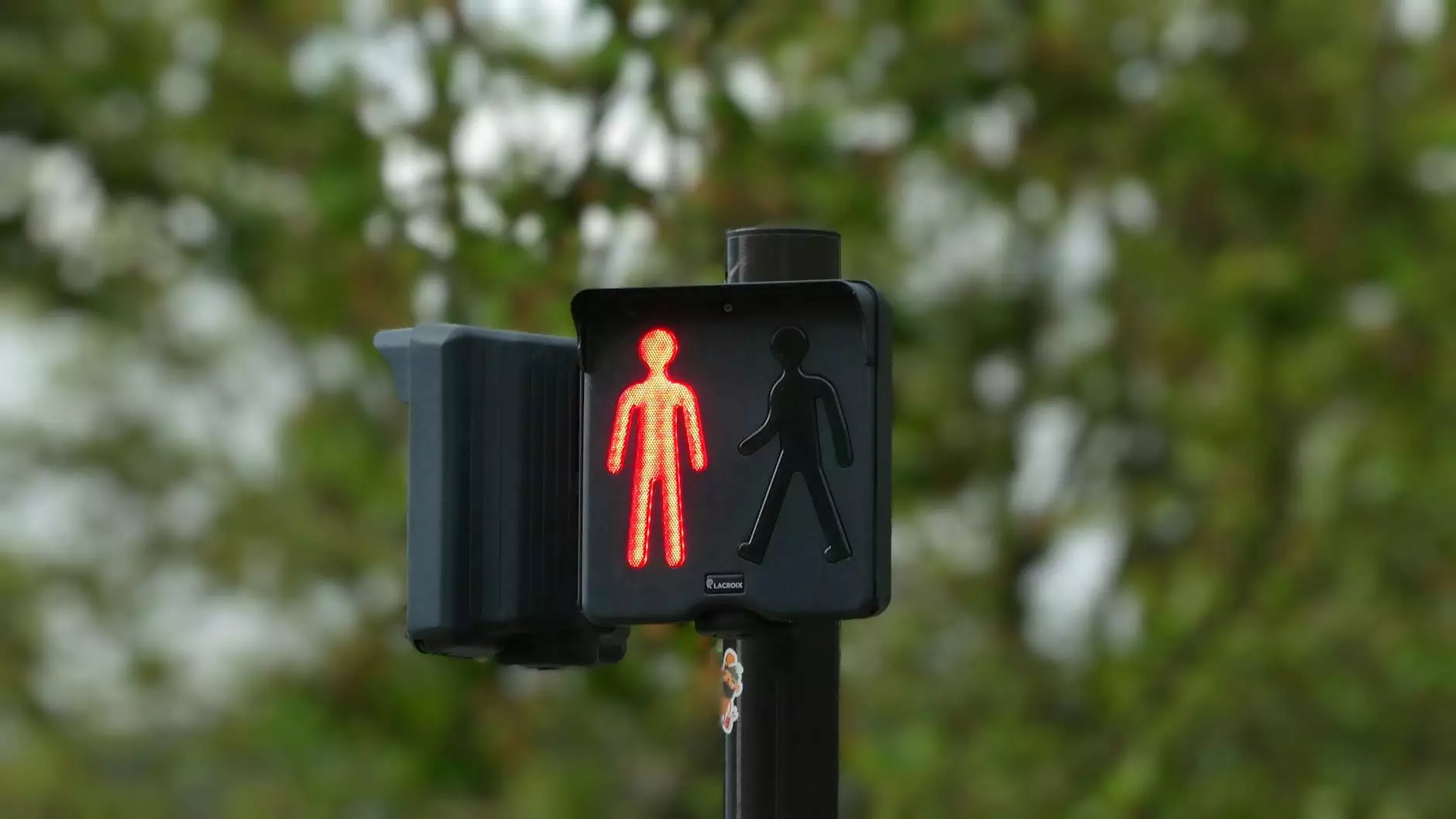Unlocking Mobile Gaming: Porting PC Games to Android

The transition from PC gaming to mobile gaming, particularly on the Android platform, presents an exciting opportunity for developers and gamers alike. As the mobile gaming industry continues to expand at an unprecedented rate, porting PC games to Android not only opens up new avenues of revenue for developers but also provides gamers with the chance to enjoy their favorite titles on the go. In this article, we will delve into the intricacies involved in porting PC games to Android, exploring the benefits, challenges, and best practices that can help ensure a successful transition.
Understanding the Appeal of Porting PC Games to Android
With over 2 billion active Android devices worldwide, the potential audience for mobile games is vast. The allure of porting PC games to Android lies in several core factors:
- Wider Audience Reach: Mobile gaming attracts a diverse audience that may not engage with PC gaming. By porting games to Android, developers can reach potential players that were previously inaccessible.
- Increased Revenue Opportunities: The mobile market has proven to be a lucrative space, with many games achieving remarkable financial successes through in-app purchases and ads.
- Flexibility and Convenience: Players appreciate being able to enjoy games anytime and anywhere, enhancing user convenience and engagement.
- Brand Expansion: Porting to mobile can serve as a valuable marketing tool, allowing developers to expand their brand’s footprint in the gaming community.
Challenges Faced When Porting PC Games to Android
While the potential rewards are substantial, the process of porting PC games to Android is fraught with challenges that developers must navigate:
1. Hardware Limitations
PCs often outperform mobile devices in terms of processing power and graphics capabilities. This discrepancy can lead to difficulties in maintaining graphical fidelity and performance. Developers might need to:
- Optimize graphics settings to ensure smooth performance across various devices.
- Adjust gameplay mechanics that may not translate well due to control schemes differences.
2. Control Scheme Adaptation
PC games typically utilize keyboard and mouse setups, while Android devices rely on touchscreens. Adapting controls involves:
- Redesigning input systems to fit a touchscreen environment, making controls intuitive and responsive.
- Implementing virtual buttons or gestures that players can easily familiarize themselves with.
3. User Interface (UI) Modifications
The user interface will need significant adjustments to ensure that it is user-friendly on smaller screens. Best practices include:
- Redesigning UI elements to be larger and more accessible.
- Ensuring information is clearly displayed without overwhelming the player.
Strategies for Successful Porting
To successfully navigate the challenges of porting PC games to Android, developers can adopt several key strategies:
1. Conducting Thorough Market Research
Understanding the target audience is paramount. Developers should conduct market research to identify:
- The preferences and gaming habits of mobile players.
- Successful titles in the same genre on Android to draw insights and inspiration.
2. Utilizing Cross-Platform Game Engines
Leveraging cross-platform frameworks like Unity or Unreal Engine can simplify the porting process, allowing developers to:
- Streamline the coding process with shared resources across platforms.
- Maintain consistent quality and functionality between PC and mobile versions.
3. Prioritizing Optimization
Optimization is key in ensuring that games run smoothly on a wide range of Android devices. Strategies include:
- Reducing asset sizes without sacrificing quality.
- Adopting efficient algorithms to enhance performance.
4. Beta Testing with Real Users
Before the official release, conducting beta tests allows developers to gather valuable feedback from real users, ensuring:
- Identification of bugs and issues that may not have been apparent during internal testing.
- Assessment of gameplay experience, allowing adjustments based on player feedback.
Best Practices for Game Porting
In addition to the strategies discussed, adhering to best practices can further enhance the success of porting PC games to Android:
1. Engaging with the Community
Connecting with potential players through forums and social media can provide invaluable insights and create excitement for the game’s release. Developers should:
- Share development progress and solicit input.
- Apprise the community of beta testing opportunities and launch dates.
2. Implementing Monetization Strategies Thoughtfully
Mobile games often rely on monetization through in-app purchases. Developers should design these elements carefully, focusing on:
- Enhancing user experience without being intrusive.
- Offering value that justifies purchases, ensuring players feel satisfied.
3. Ensuring Regular Updates and Support
Post-launch support is critical. Regular updates not only improve the game based on user feedback but also keep the community engaged. This includes:
- Fixing bugs promptly and addressing player concerns.
- Releasing new content to keep the player base excited.
Success Stories in Porting PC Games to Android
Several PC games have triumphantly made the leap to Android, providing inspiring examples of successful porting:
1. Stardew Valley
This beloved farming simulation game has experienced fantastic success on Android. The transition not only retained its charm but also showcased:
- Efficient control adaptations that worked well on touchscreen devices.
- Timely updates that kept players engaged with new content.
2. Terraria
Another great example, Terraria, demonstrated how well-designed controls and regular updates can keep mobile users captivated:
- Enhanced graphics adjustments for mobile.
- Community involvement in the development process.
Looking Ahead: The Future of Porting PC Games to Android
As technology advances, the landscape of mobile gaming will continue to evolve, presenting both challenges and opportunities. The future of porting PC games to Android appears promising, with several trends likely to shape it:
1. Enhanced Adaption Techniques
With improved tools and engines, the process of porting is expected to become more streamlined, allowing for faster and more efficient development cycles.
2. Emerging Technologies
Technologies such as cloud gaming may alter how games are developed and played on mobile platforms, potentially diminishing hardware limitations.
3. Rise of Cross-Platform Play
As cross-play becomes more mainstream, the opportunity for players to enjoy PC and mobile gaming together will foster a more unified gaming community.
Conclusion
Porting PC games to Android is a multifaceted endeavor that requires careful planning, execution, and community engagement. By understanding the appeal, navigating the challenges, and implementing effective strategies and best practices, developers can successfully tap into the thriving mobile gaming market. As the industry continues to grow, those who adapt and innovate will thrive, creating engaging gaming experiences for players worldwide. The future of mobile gaming is bright, and the potential for success is limitless.
For more insights into innovative processes in the gaming industry and developments about art galleries, graphic design, and 3D printing, visit pinglestudio.com.



